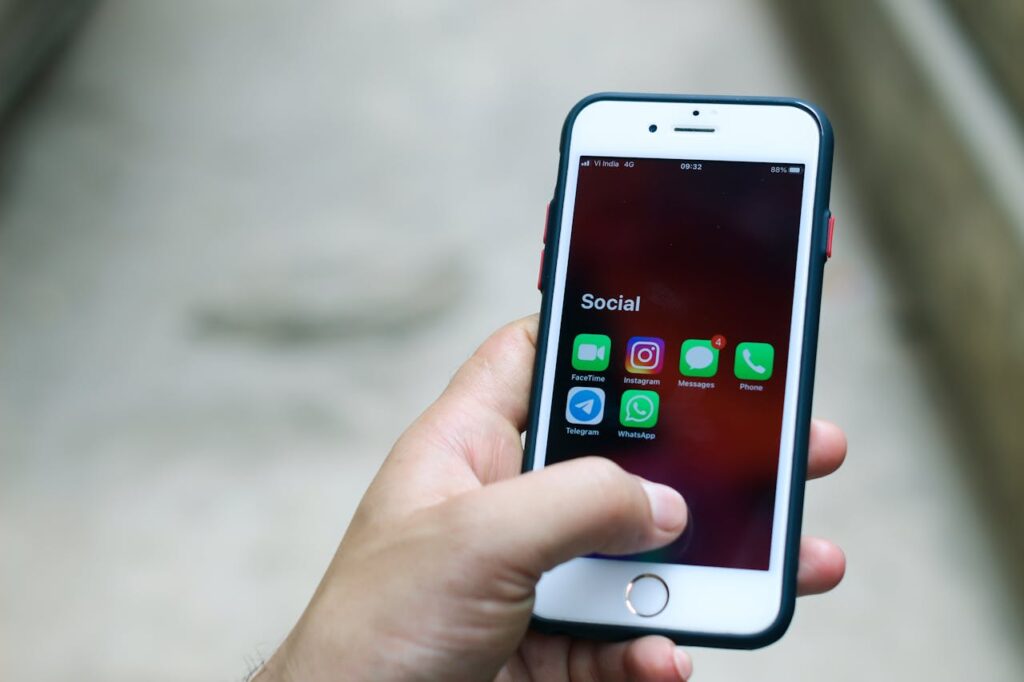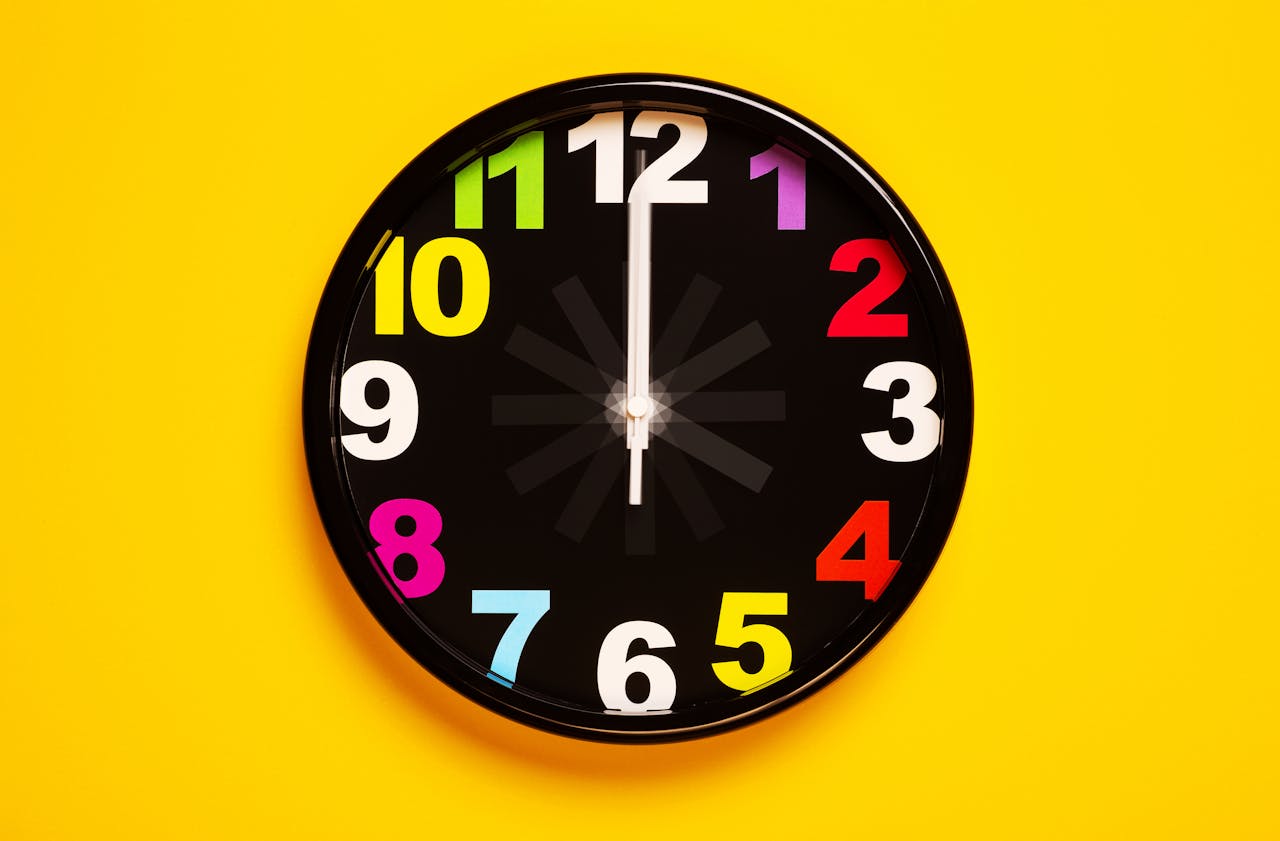12 “Polite” Habits That Are Secretly Draining Your Time and Energy You Need to Stop
When it comes to daily interactions, you might find yourself on autopilot, doing what feels right. Politeness is often praised, but it can become a hidden trap that drains your energy and consumes your time. It’s important to recognize how certain “polite” habits can take a toll on your productivity and well-being.
You might not even realize how some of these habits affect you until they start piling up. As you navigate through social situations, it’s worth considering which behaviors truly serve you and which ones may be holding you back. Being aware of these patterns can help you reclaim that lost time and energy.
Always Saying ‘Yes’ to Requests

Saying “yes” all the time can feel polite, but it can drain your time and energy. Each agreement takes you away from your priorities.
You might think you’re being helpful, but overcommitting leads to stress. People may appreciate your willingness, but at what cost to your well-being?
Instead of defaulting to yes, consider what you genuinely want to do. Practice using polite phrases that allow you to decline without guilt, like “I can’t right now, but let’s connect later.” Setting these boundaries helps protect your time and energy, allowing you to focus on what truly matters.
Constantly apologizing for small matters

You might not realize how often you say “sorry” for little things. A small slip or inconvenience doesn’t always require an apology.
Constantly apologizing can make you seem unsure and can drain your confidence. Instead, try substituting “sorry” with phrases like “thank you for understanding.” This simple shift can help you communicate more confidently.
Recognizing when to apologize can free up your energy and improve your interactions. Focus on responding positively instead of apologizing for every minor issue.

You might find yourself saying “yes” to every invitation that comes your way. It feels polite, but it can lead to exhaustion.
Every time you overcommit, you stretch your energy thin. Balancing social obligations with your personal time becomes a challenge.
You may want to please friends, but it’s okay to prioritize yourself. Learning to say “no” or “maybe” can help you reclaim your time and sanity.
Next time you get an invite, think about how it fits into your schedule before accepting. Setting clear boundaries will keep you energized and happier in the long run.
Taking on Others’ Responsibilities

It’s easy to fall into the trap of taking on tasks that aren’t yours. You might want to help a friend or support a colleague.
Each time you say yes to their requests, you take time from your own priorities.
This can lead to stress and feeling overwhelmed. Instead, learn to set boundaries and prioritize your own needs.
Remember, it’s okay to say no or suggest they handle their own responsibilities. Your time is valuable, so use it wisely.
Engaging in excessive small talk

You might find yourself trapped in conversations about the weather or sports that go nowhere. While these chats can feel harmless, they often drain your energy without providing much value.
Being polite is important, but there’s a fine line between being courteous and wearing yourself out.
If you feel exhausted by small talk, don’t hesitate to steer the conversation toward deeper topics or excuse yourself. Focus on meaningful interactions that recharge you instead of leaving you feeling drained.

You might not realize it, but constantly checking social media can really drain your time and energy. Scrolling through feeds takes your focus away from what you need to accomplish.
Each time you check your phone, you disrupt your flow and may take longer to get back on track.
Instead of staying connected, you could set specific times for social media to avoid distractions. Try this, and you might find you have a lot more energy for what really matters.
Responding to emails immediately

Responding to emails as soon as they hit your inbox can feel productive, but it often leads to distractions. You might think you’re being polite, but each ping pulls you away from your current task.
Setting boundaries can actually help you manage your time better. Consider checking emails at designated times instead of responding immediately. This can keep your focus intact and your energy levels up.
Letting others know you’ll reply later, like saying, “I’ll get back to you by end of the day,” is a polite way of managing expectations. It’s about balancing responsiveness with your own priorities.
Going out of your way to be liked

You might find yourself constantly changing your opinions to align with others. This habit can leave you feeling exhausted.
Trying too hard to please everyone can drain your energy. You may overcommit to activities just to fit in.
It’s easy to fall into the trap of doing things you don’t enjoy. This doesn’t just waste your time, but it also means you’re neglecting what truly matters to you.
Instead, focus on being genuine. Authentic connections often bring more satisfaction than simply trying to be liked.
Listening to gossip to fit in

You might find yourself nodding along during conversations filled with gossip, thinking it helps you fit in. But this habit can take a toll on your mental energy.
Engaging in gossip often leads to unnecessary stress and negativity. It can drain your motivation and create a sense of obligation to stay involved in conversations that aren’t fulfilling.
Plus, surrounding yourself with gossip can foster a toxic environment. Instead, consider redirecting your conversations to more positive topics that uplift both you and those around you.
Agreeing with Everyone in Conversations

You might think that agreeing with everyone keeps the peace. It can actually drain your energy over time.
When you always nod along, you risk losing your own perspective. This habit might lead to mentally exhausting discussions where you’re not fully engaged.
Being polite feels good in the moment, but it can create a sense of disconnection.
Try to share your thoughts instead. It might deepen your conversations and make them less tiring in the long run.
Always hosting gatherings

You might feel pressure to constantly host gatherings to be seen as a good friend. It can get exhausting, especially if you’re naturally more introverted.
Hosting means planning, preparing, and dealing with expectations. It takes energy, time, and can leave you feeling drained.
Consider mixing it up. Invite friends to meet at their place or suggest casual meetups at coffee shops.
You don’t always have to be the one to host to maintain connections.
Doing favors before finishing your tasks

It’s easy to get sidetracked when someone asks for a favor. You may feel guilty saying no, even if you have your own things to finish.
Doing favors can eat into your productivity. You might end up stretched thin, juggling tasks that aren’t your priority.
Try to set boundaries. Complete your tasks first, and then help when you can. This way, you maintain control over your time while still being helpful.
Related: 15 Clever Hacks To Reduce That Never-Ending Grocery Bill

Managing grocery expenses can be challenging for many households, especially with rising food costs and fluctuating budgets.
However, with some creativity and resourcefulness, you can implement numerous clever hacks to reduce your never-ending grocery bill without sacrificing the quality or variety of your meals.







